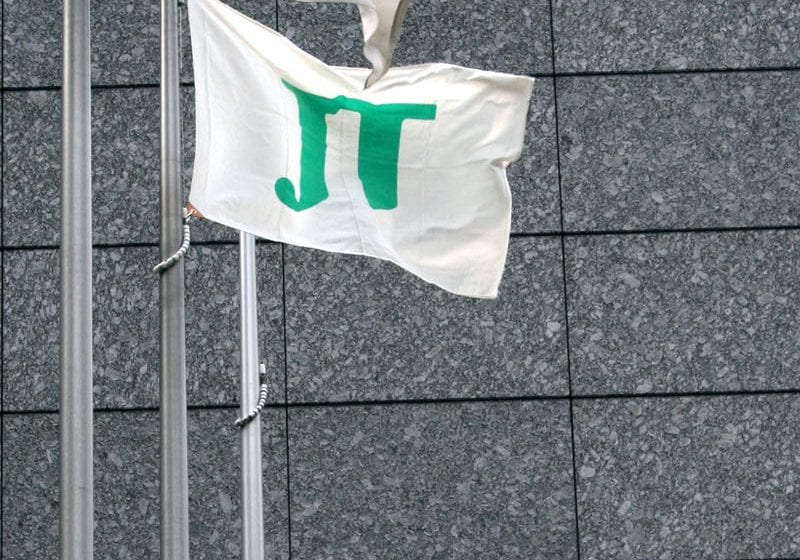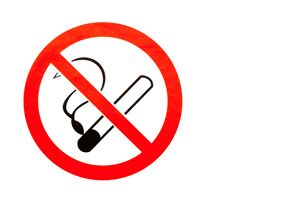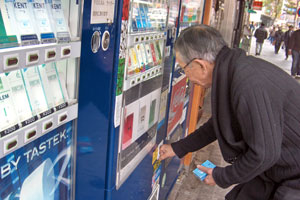The JT Group today published its 2016 Sustainability Report, which is said to highlight the key contribution of Japan Tobacco International, its international tobacco business, in achieving the group’s sustainability objectives.
‘The report is compiled in accordance with the “Core” Level of the GRI [Global Reporting Initiative] G4 Sustainability Reporting Guidelines, showing the JT Group’s commitment to being transparent in its sustainability performance,’ according to a note posted on the JTI website.
JTI said that as part of its sustainability program it had brought 9,742 more children into schools in tobacco growing countries. ‘This is part of the company’s commitment to building sustainable economies in tobacco growing communities where we directly and indirectly purchase tobacco, through dedicated programs improving their economic, social and environmental conditions,’ the note said.
In addition, JTI said, it had deployed more than 300 community investment programs in more than 60 countries. ‘JTI’s programs vary from the support to women in creating micro-enterprises in South Sudan to providing access to art for disabled adults in Italy,’ it said. ‘Many of the company’s programs involve the active participation of employees. In the United Kingdom, JTI continues to be one of only 34 holders of the CommunityMark for excellence in community investment.’
And the company said it had been recognized as a Global Top Employer for the third consecutive year, ‘a testimony of the company’s consistent high-quality work environment and commitment to providing exceptional development opportunities to employees worldwide’.
“Over the past year, we have made significant progress in delivering on our commitments to promoting sustainability both for the wider society and for the whole Group”, says Maarten Bevers, JTI’s corporate social responsibility vice president.
“We set ourselves high standards and we are honored that our work is being recognized in various areas. Our long-term approach and determination to uphold rigorous business practices – from our support to tobacco growing communities to the work environment we offer our employees – is reflected in this report.”
JTI said that the challenges it had tackled ranged from the elimination of child labor to respecting workers’ rights, maintaining adequate health and safety conditions, and providing access to water and sanitation, and reforestation.
‘For the first time in 2016, the JT Group was recognized as one of the world’s best climate change reporters by being included on the CDP’s Climate A List, the JTI note said. ‘It was also selected as a member of the Dow Jones Sustainability Asia/Pacific Index for the third consecutive year.’
“As a global business, we have a responsibility to operate and manage our resources sustainably,” said Bevers. “We do this with the aim to deliver value to the JT Group’s wide range of stakeholders – consumers, shareholders, employees and the wider society, including the communities in which we operate.”











